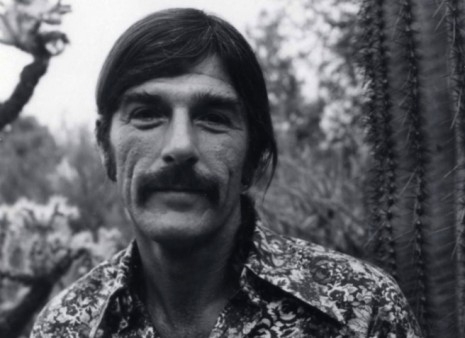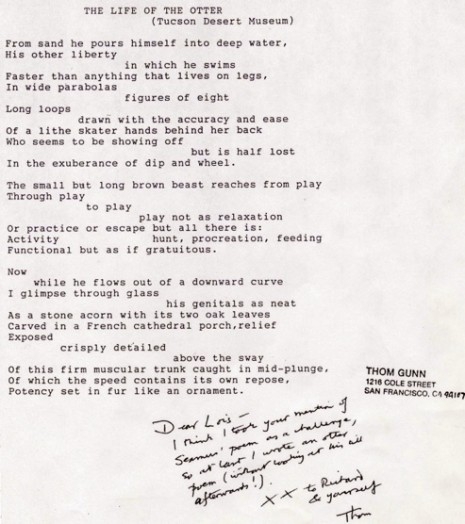
“Hey, Johnny, What are you rebelling against?”
“What’ve you got?”
It’s the famous riposte from Marlon Brando in The Wild One, a line that sent a tremor of fear through the British establishment. Strange to think now, but back in 1954, The Wild One was considered such a serious threat to British society it was banned by the Board of Film Censors for 14 years.
You see, those thin-lipped, blue-pencil censors believed Marlon Brando and his band of slovenly bikers would give youngsters “ideas on how to brutalize the public.” This was hyped response to the fact the film was loosely based on a real event, when a band of bikers took over the town of Holister in California in July 1947, during the Gypsy Tour Motorcycle Rally. Around 50 people were arrested, mainly for drunkeness, fighting, reckless driving, and disturbing the peace. Sixty people were injured, 3 seriously. Even so, it’s hard to see how the chubby Brando and his non-sensical mumblings could have inspired anyone into revolt.
Afterall, austere 1950s Britain, with its food rationing and shell-shocked, ruined cities, wasn’t Technicolor America, something John Lennon found out when he visited his local cinema to see Bill Haley and his Comets in Rock Around the Clock. Lennon had heard how riots and revolution were taking place at the film’s screenings. However, instead of seat slashing and fighting in the aisles, the nascent Beatle was dumbstruck to find his generation watching the film in silence.
If it did cause any rebellion, then it was a revolution in the head of a young English poet called Thom Gunn.
Gunn saw The Wild One in America, where it inspired him to write the generation defining poem On the Move.
On motorcycles, up the road, they come:
Small, black, as flies hanging in heat, the Boy,
Until the distance throws them forth, their hum
Bulges to thunder held by calf and thigh.
In goggles, donned impersonality,
In gleaming jackets trophied with the dust,
They strap in doubt–by hiding it, robust–
And almost hear a meaning in their noise.
Gunn’s poem critiqued the film’s sensibility, its search for purpose, for meaning.
Men manufacture both machine and soul,
And use what they imperfectly control
To dare a future from the taken routes.
The Wild One suggested a world where the individual could control their own destiny. This appealed to Gunn as a young gay man at time when homosexuality was a criminal offence in Britain. To the poet, Brando and his rebellious cohorts were a telling contrast to gray and repressive Blighty. But he wasn’t fooled by the film’s nuanced posturing, for Gunn was more than aware rebellion is thought and action put together.
A minute holds them, who have come to go:
The self-denied, astride the created will.
They burst away; the towns they travel through
Are home for neither birds nor holiness,
For birds and saints complete their purposes.
On the Move provided a literal manifesto, one that became the poet’s own.
At worse, one is in motion; and at best,
Reaching no absolute, in which to rest,
One is always nearer by not keeping still.
Gunn never kept still. He followed his lover, Mike Kitay, to America, who became the focus of his life for the next fifty-two years, as he later said in an interview:
became the leading influence on my life, and thus on my poetry. It is not easy to speak of a relationship so long-lasting, so deep and so complex, nor of the changes it has gone through, let alone of the effect it had on my writing.
In San Francisco he found a tolerance and liberty that had been missing in his life, which was reflected in his work, as his verse style changed from English Tradition to American Idiom; from strict form to free verse. In the same way Gunn by day was a disciplined intellectual; by night a physical hedonist, who cruised for sex and indulged in drugs. No matter, the excesses of his personal life never detracted from the discipline of his poetic vision. He was once described as “the only poet to have written a halfway decent quintain while on LSD.”
Gunn used his experiences as material with candour and sympathy that led many to believe he “seemed to hold no small number of life’s mysteries and meanings within his grasp.”

Via Planet Paul